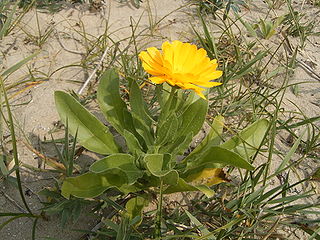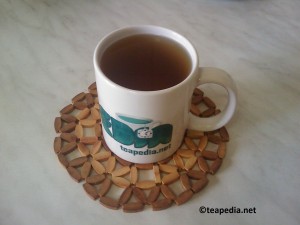The Marigold (Calendula officinalis) is widespread in the Mediterranean area – southern Europe and North of the Near East. It belongs to the family Asteraceae. It is an herbaceous annual plant with yellow flowers. Its flowering lasts almost all year, closing at night and opening at dawn.
This plant has been known since antiquity. The name Calendula comes from the Latin calendae, calendar, designating the first day of each month. This name refers practically to the flowering, which occurs every month of the year, even in the winter months, if it is not extremely cold. Just like sunflowers, the Marigold flowers tend to follow the movement of the Sun, which is why this plant is also known under the name solsequium, meaning “following the Sun”.
Collection and preparation: use the flowers that are harvested when they are completely; they should dry out quickly in a ventilated place, although without using artificial heat. Consume the petals, peripherals or even the entire flower, which is the more current home-made remedies.
Active substances: essential oil, calendula – sapogenina, Glycoside, carotinoide, Xanthophylls, bitter principles, mucilage, ferment and organic acids.
Drinking marigold tea you can treat gastric ulcer and infections of mouth and throat and improve digestion by stimulation of bile production and also helps to cure menstrual cramps, liver disease and constipation.
Marigold has also anti-inflammatory and antispasmodic properties. Marigold is mainly used externally to treat bruises, wounds, eczema, skin disorders, haemorrhoids and burns.
Click here if you want to buy tasty marigold tea from Amazon.
Contraindications and interactions
It should not be used if there is hypersensitivity or allergy to Calendula. It should not be taken during pregnancy and breastfeeding because its effects are unknown. It is not used in open skin and eye irritations. Interactions with other drugs have not been described, although due to the presence of mucilage, there could be a potential risk of delay or decreasing the oral absorption of other active principles.
Marigold Tea Recipe: To prepare Marigold Tea, boil 1 liter of water. Then, put 1 or 2 teaspoons of the plant and allow it to infuse for 10 minutes. Against bile disorders, drink at moderate temperature 2 to 3 cups a day, it is also used in dressings, bandages and compresses.


